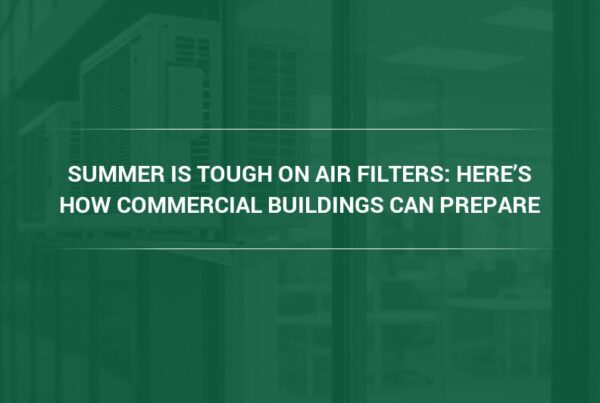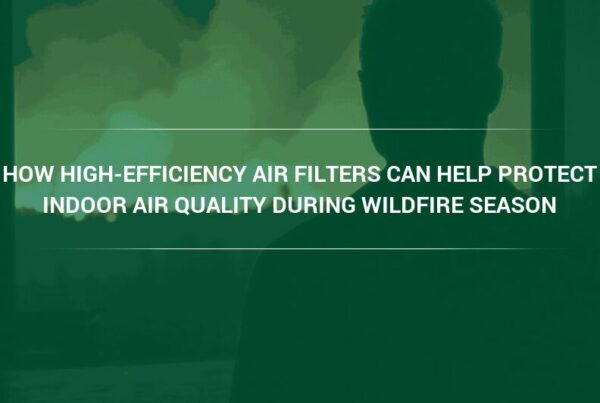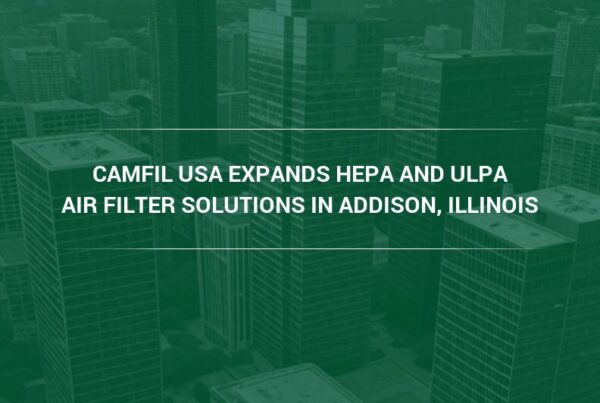Hazardous waste creates high amounts of auto repair shop pollution that can have negative effects on health
One of the biggest sources of bad air quality is auto repair shop pollution, which is often due to a combination of hazardous wastes, chemicals and other processes that generate particulates that can be harmful, especially to people with breathing disorders.
The unique aspect of many auto repair shops is that while they are technically built outdoors, the enclosed nature of many of the work areas traps pollution triggered by these shops in a very similar way to an indoor facility.
As a result, auto shop owners must have the same urgency in establishing an effective air filtration system as the owner of a restaurant or lab, due to the threat of contaminants that can affect workers.
Factors Contributing to Auto Repair Shop Pollution
There are several factors that contribute to the poor air quality at many auto repair shops throughout the U.S.
Auto repair jobs such as changing motor oil and transmission fluid, and disassembling engine components often causes leaks and spills of chemicals that can atomize and become airborne.
In addition, any auto repair shop that does paint work on vehicles must utilize spray paint that can also have a high level of toxicity.
Auto repair technicians also use solvents for the purpose of cleaning or degreasing engine components. These solvents include trichloroethylene, carbon tetrachloride, methylene chloride and perchloroethylene.
All of these solvents have the capacity to transform into volatile organic compounds (VOCs) under the heat and pressure that is often present in auto repair shops.
The U.S. Environmental Protection Agency (EPA) has defined VOCs as any compounds in liquid form that become vapor or gas, and contains oxygen, hydrogen, fluorine, chlorine, bromide, sulfur or nitrogen.
When VOCs are released outdoors they create a smog or haze-like effect that is seen in many major cities throughout the world such as Los Angeles and Beijing.
When released indoors or in an outdoor area that is enclosed on three sides, studies have shown that VOCs can lead to difficulty breathing, headaches, fatigue, nausea, skin disorders and possible damage to organs such as the liver and kidney.
Possible Clean Air Solutions
In an effort to lower the amount of contaminants, some auto repair shop owners have implemented some clean air solutions.
One example is that some of these owners have purchased aqueous cleaning systems instead of aerosol cleaning systems to clean engine components and other car parts.
Aerosol cleaners often contain acetone, toluene, xylene, methanol and ethyl benzene, which are solvents that are potentially harmful when inhaled or when they touch a person’s skin.
Some studies have shown that ethyl benzene may cause cancer in animals, and prolonged exposure to these solvents can lead to health issues related to the nervous system, including damage to the nerves in the hands, arms, legs and feet.
Another example of clean air solutions that some auto repair shop owners have implemented is ensuring that used fluids such as old motor oil and coolant is enclosed in a secure storage area, and that floor drain openings are covered so that fumes cannot easily escape into the air.
Camfil Offers Full-Service Air Filtration
Although these clean air solutions will undoubtedly improve the air quality at auto repair shops, only a complete air filtration strategy can ensure the elimination of many of the airborne contaminants at these facilities.
For more than 50 years, Camfil has been a leader in the commercial air filter industry, guided by the principle that clean air should be a human right. Camfil offers a number of commercial air filters that are not only affordable, but also provide energy savings. Camfil’s “green” air filters are designed to reduce energy costs by as much as 50 percent because they are longer lasting and require fewer change outs during the year.
Camfil’s complete line of containment systems, high temperature filters, air purifiers and air cleaners can help lower auto repair shop pollution, and improve air quality for employees as well as customers.
Lynne Laake
Camfil USA Air Filters
T: 888.599.6620,
E:Lynne.Laake@camfil.com
F: Friend Camfil USA on Facebook
T: Follow Camfil USA on Twitter
Y: Watch Camfil Videos on YouTube



